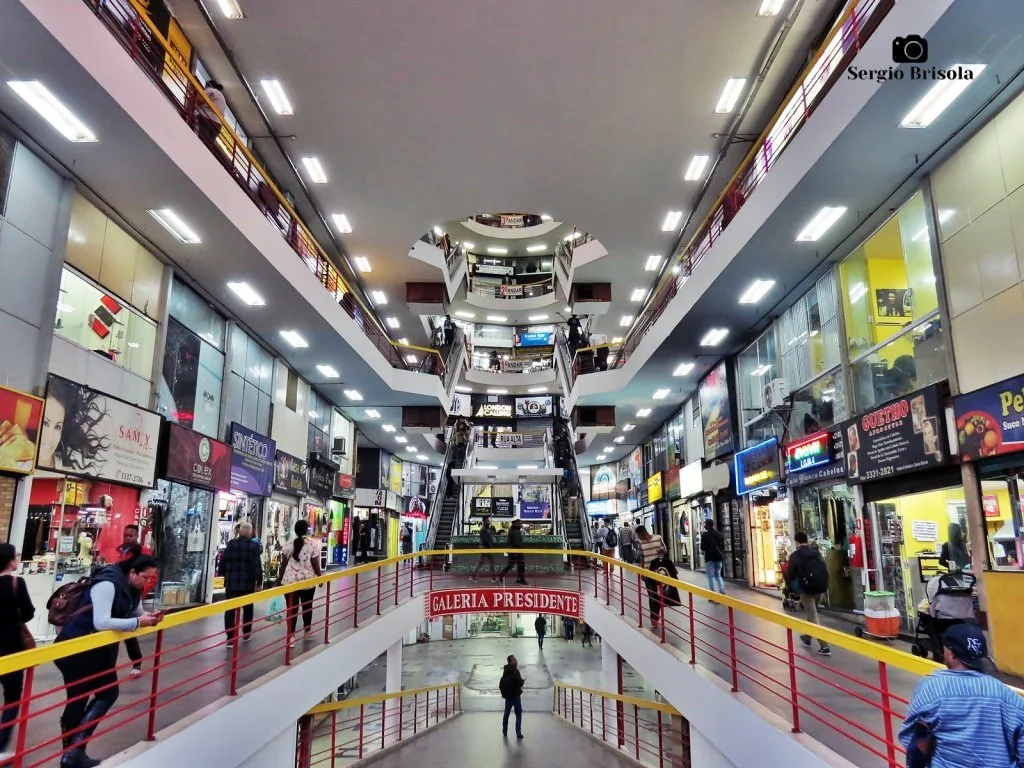Call for Artists
Galeria Presidente, Rua 24 de Maio, 116, São Paulo — Sept 2–9, 2025
DEADLINE EXTENDED: AUGUST 4th, 2025
We invite visual artists, designers, performers, and cultural practitioners to participate in a site-specific exhibition reactivating Galeria Presidente—affectionately known as Galeria do Reggae and Galeria Black—a historic node of Afro-diasporic commerce, kinship, and cultural infrastructure in downtown São Paulo.
This activation is part of Black: Cite; Sight– Site, a transnational Afro-diasporic project coinciding with the 36th São Paulo Biennial. The initiative includes a one-week public exhibition with in-gallery open studios (Sept 2–9). Store to be determined.
Accompanying photo by Sanlé Sory, Mali djeli, 1984, printed 2017, gelatin silver print, 19 7/8 x 16 in., Tang Teaching Museum collection, The Jack Shear Collection of Photography at the Tang Teaching Museum, 2018.13.5
Ways to Participate
Exhibiting Artists
(Media may include: painting, sculpture, installation, performance, sound, video, ritual, participatory works)
We welcome interventions — durational or ephemeral, media-agnostic — that resonate with the layered material and immaterial histories of Galeria do Reggae. We welcome all ages and all levels of artistry.
We are not seeking representations of diaspora or Africa, but acts that renew it—works that disturb, remix, and recompose the circuits of diasporic life.
We invite you to engage:
Hair as communicative interface — thread, antenna, archive
Diasporic music as infrastructure — memory machine, sonic signals
Cooking and food as relational practice — smell, taste, texture, time
Spiritual objects as ancestral technology — vessels, thresholds, devices
Movement as relational choreography — combat, communion, code
Commerce and display as epistemic strategy — exchange as knowledge, staging as method
Tailoring and textiles as testimony — sigils sewn into memory
Graffiti and street art as inscription — marking the mall as a site of shared authorship
Photography and painting as visual archives of presence and Ubuntu
All entries selected will earn a financial stipend to complete and install their work at our to be determined space at Galeria do Reggae.
BADS_lab
Black Arts & Decolonial Sciences Fellows
During Black: Cite; Sight–Site at Galeria do Reggae, the gallery becomes a living research node — a nexus for ethico-aesthetic inquiry within Black Arts and Decolonial Science.
Seven BADS_lab Fellows will be invited initiate new research projects not as finished artworks, but as sketches, trials, and speculative experiments—improvising toward forms not yet known.
Over six days of shared time:
Fellows will develop works-in-progress — solo or collaboratively — within a hybrid studio-lab.
Closed studio hours will offer space for focused work, co-presence, and quiet cross-pollination.
Open studio hours will invite the public to witness, question, and engage the unfolding process.
Structured conversations with professional art critique will braid together fellow residents and public interlocutors.
A final showcase will present reflections, fragments, and findings — not as conclusions, but as offerings toward ongoing study.
How to Submit
DEADLINE EXTENDED: AUGUST 4th, 2025
To be considered for participation in the Black: Cite; Sight– Site activation at Galeria do Reggae (São Paulo, Sept 2–9, 2025), please email the following to:
———————
Bio
A short artist/researcher bio (150 words max).
Website / Portfolio
Link to your website, online portfolio, or social media—whatever gives us a sense of your work.
Work Samples
Up to 5 images, audio/video files, or documentation of past or current projects. These can be finished works or fragments/sketches.
BADS_lab Fellowship
Would you like to be considered for a BADS_lab Fellowship, and participate in the shared studio-lab space as a research resident during the exhibition week?
👉 Yes / No
If yes, please share a brief sentence or two on what you’d hope to explore in the studio.
Studio Presence
Are you available to be present in the Galeria Presidente studio space from September 2–9, 2025 for open/closed studio hours, community engagement, and shared time?
👉 Yes / No / Let’s discuss
———————
We welcome submissions in English, Portuguese, Spanish, Arabic or French.
Collaborations, collectives, in-process works, and speculative proposals are encouraged.
This isn’t a gate. It’s a portal.
If you have questions, uncertainties, or access needs, reach out to us.
Exhibition Context:
Galeria do Reggae
Galeria Presidente, founded in 1963, has functioned as a critical site of Afro-diasporic worldbuilding. Initially, a space for Black Brazilians to connect with the Global Black diaspora via culture, music, and fashion, over the past three decades African immigrants have also contributed to spirit of Black Pride with invention, resolve, and relational design. Together, Afro-Brazilians and Africans are building living infrastructures for survival, connection, and improvisation in the largest city of the Americas. And yet, unlike Galeria do Rock, Galeria Presidente is unrecognized as a cultural site by the City of São Paulo.
Here, Black cultural practices have never been decorative. They have been operational — sustaining commerce, relation, and community under conditions of constraint.
The Galeria linked Brazil to the African continent and broader diaspora through:
Hair and Makeup: braiding, locs, cornrows —as topology in motion and tactile memory
Fashion: streetwear, diasporic tailoring, sneaker cultures, diasporic branding
Food: home-cooked meals, pop-up kitchens, informal exchange and hospitality
Sound: reggae, dancehall, highlife hip-hop—performed, recorded, sold, echoed
Spirituality: religious goods, teachings, and rituals from across the Black Atlantic
Movement: a Capoeira store that anchored relational practice in everyday commerce
This exhibition returns to the space not in nostalgia, but as re-entry. We are calling for artists to participate in the work of reactivation — to design, perform, and recompose from within the space itself.
Accompanying photos by Sergio Brisola and Marcos Muniz da Silva, via Flickr.



